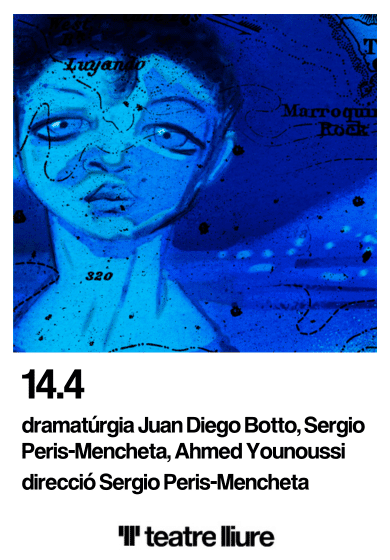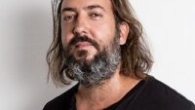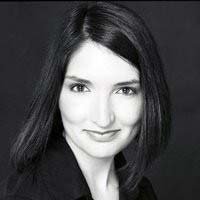
Juan Diego Botto: “The homeland for me, far from being the continent, is the content”
The distance that separates us from others can be physical, emotional or temporary, but there are also invisible links that connect us, from people with the same name to distant ancestors. Inspired by this idea of connection, Juan Diego Botto presents 14.4directed by Sergio Peris-Menchetaa work that explores the story of Ahmed Younoussi and will be from February 19 to March 9 at the Teatre Lliure.
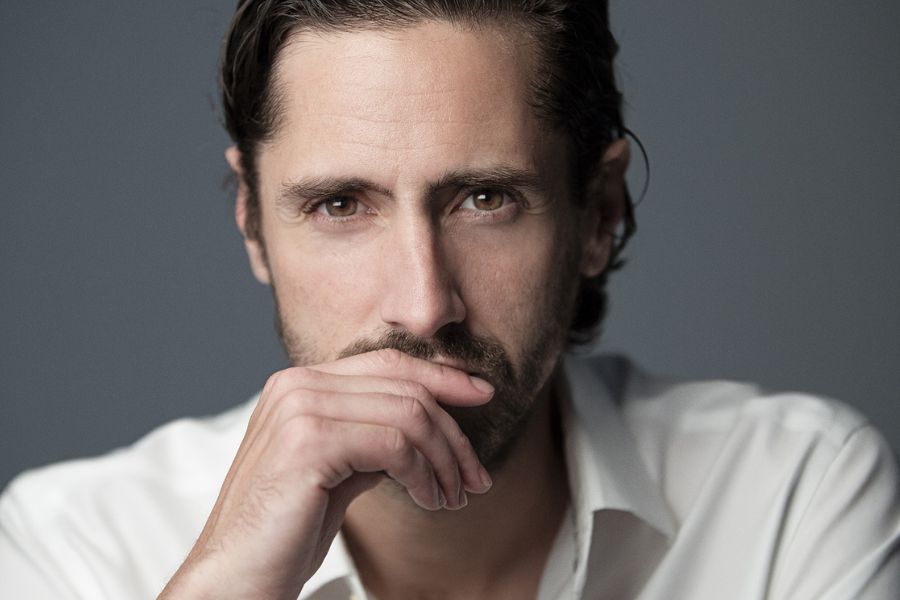
Barcelona Theater: 14 kilometers is the distance that separates Africa from Europe. What inspired you to focus here?
Juan Diego Botto: Is a project born from Sergio Peris-Mencheta. He met Ahmed doing a short film, and at that time he said, “Someday we will tell your story.” Many years have passed and we are here. When I sat down to write his story, the first thing he told me was: “Above all, I don’t want to be sorry; I don’t want my life to be sorry. ” This was the guide with which I sat down to write, always inspired by not having a condescending, paternalistic, or westernist look with Ahmed and with the migratory phenomenon.
You were an exile during childhood because your father was a missing Argentine dictatorship. These two concepts, exile and immigration, which you already united in the work An invisible thunder of this world Also with Peris-Mencheta, they have many points in common, but I would like to highlight one of the very important ones: no one leaves their homes for taste. Why do you think there is so much controversy now with this topic?
What is there is a lot of hatred. I think we have let the right and the far right impose their speech on the migratory phenomenon, making him responsible for all evils. The controversy as you say or hatred has to do with what is used to gain adherents to the cause of the far right. They serve as a battle horse, as a sign of identity, and they always need to create a “us” against a “them”. A different “them”, from the outside, dangerous, threatening. Within this phenomenon, I am particularly struck by the use of children as the main threat: children who have arrived without their parents, known as You (Unaccompanied foreign minors), seen as the great monster. Here is the story of one of them, Ahmed, who was still a child who came alone, seeking the possibility of a decent life.
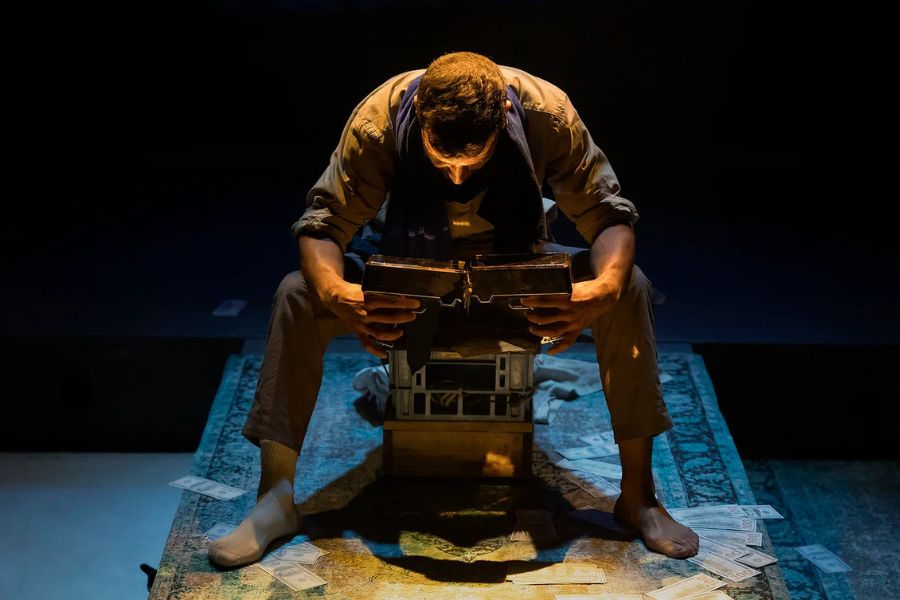
“There is afraid to make braver policies, especially on topics such as migration.”
You talk about the growth of the far right: Trump, Meloni, Le Pen, Milai, Abascal … What do you think this rise is due?
I don’t know; If I knew it, I would have an important election key, but I don’t have it. I think we have accepted frames of the far right, which has made it difficult to recognize the identity traits on the left. There is fear of making braver policies, especially in issues such as migration, where all Europe has assumed this hard speech so as not to dislike the electorate, and this is the beginning of the end. I also think of the issue of housing, where the new housing law has been very limited and almost no autonomous community has applied it. People can’t pay rent or spend more than half the salary to pay a rent or a mortgage.
You talk about Europe and the homeland. What is the homeland for you?
The homeland for me, far from being the continent, is the content. It has to do with humans who inhabit a space, and the purpose of all policies should be to improve the lives of these human beings. When talking about homeland, it is almost always referred to as symbols of belonging: bulls, flag, armed forces. But for me, the homeland is friends, your close circle, the people you love, your daughter, your partner, your family. Thinking about the particular homeland and not abstract is thinking about it.
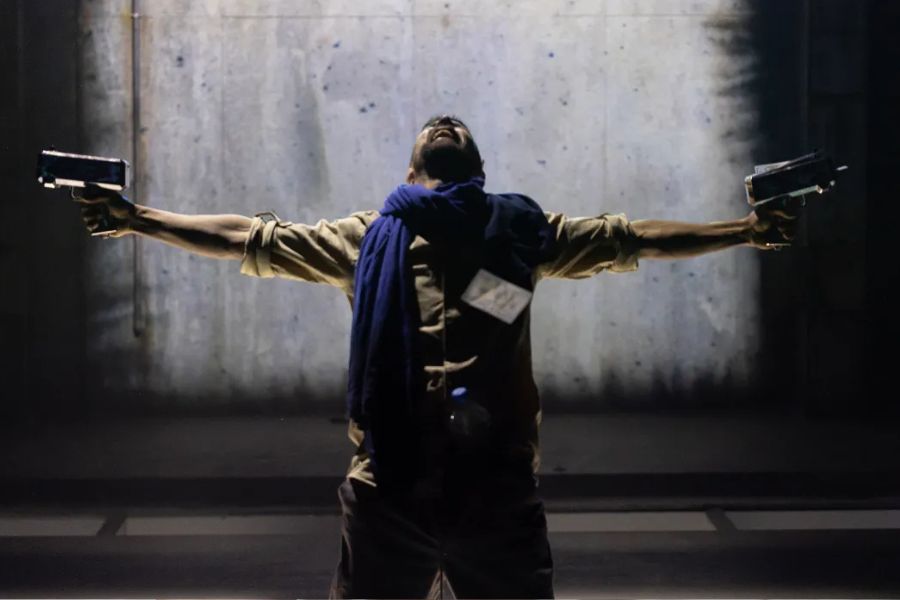
There are people who are reluctant to see dramas in cinema, television or theater. What would you tell them to encourage them to come and see this work?
The first thing I would tell them is that they will laugh a lot. I always try to make the theater I write a lot of sense of humor and a lot of irony. This show has it and, although we are talking about hard themes and there are emotional moments, there are also times when I think the viewer will laugh and have a good time. But above all, the theater offers a unique and unique experience that can leave you something, a question or a feeling that makes you come out different from how you came in. And this is the best and most important thing that can be asked for a show.
More information, pictures and entries at:




